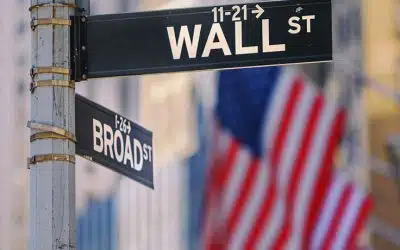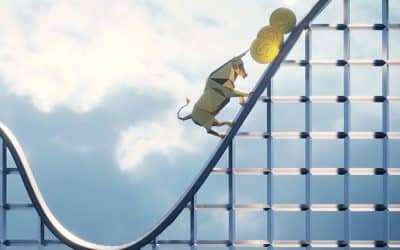Juventus and the old soccer: The exception or the general rule?

Redacción Mapfre
Article by Luis García, CFA. Manager of the MAPFRE AM Behavioral Fund.
In the last few days, a harsh sanction meted out to Juventus has become publicly known. The Italian Football Appeals Court has imposed a 15-point penalty on “la vecchia signora” in the current league season. According to the ruling, the club’s accounts were altered to record fictitious capital gains, with the value of certain players manipulated in swap transactions. It should be recalled that Juventus happens to be one of the few European soccer clubs listed on the stock exchange, so the effect of the news also led to a drop in the club’s share price. Fortunately, due to our investment criteria, we decided not to include them in our portfolio and instead focused on other options.
Naturally, news of this kind obviously sets off alarm bells in the markets, especially in a sector like soccer, where the arrival of sophisticated investors (as they are often called) has only begun in recent times. Is this just another example of the dark side of club management? Or is it simply a one-off case of poor corporate governance, like in any other industry? Given the unique moment in which the industry finds itself, both arguments may well have some merit. Let me explain.
Warren Buffett used to say that the time to invest in a particular asset is precisely when no one else wants to do it. That is when prices will be low, in the absence of capital seeking out assets to buy, and opportunities may arise. Conversely, when everyone very clearly recognizes the merits of a company or a sector, the price that will be demanded from new investors who want to enter will be so high that the safety margin vanishes. Well, in this sense, the world of soccer, from the perspective of its relationship with the financial markets, is probably at the most significant turning point in its history so far.
Just a decade ago, it was utterly impossible to consider investing in this sector from a rational perspective and based on criteria of fundamental analysis. However, things have recently started to change, firmly, in the right direction. This does not mean, of course, that everything is now working perfectly - far from it. Quite simply, very significant steps are being taken in the right direction, which is making it possible to professionalize the economic management of the industry from various angles. Including investment in clubs.
So, applying Buffett's wisdom, we think the time is now to start paying special attention. On the one hand, the flow of capital into this niche is still very limited in relative terms, so prices may be attractive. And, at the same time, the implementation of the economic control standards (which, again, are still far from perfect) has contributed to a significant improvement in the financial situation of a large number of clubs and the long-term sustainability of the industry as a whole.
The most attractive investment opportunities can sometimes be found at times of change for the better that have not yet been detected by the majority of the market. Shocking news like the Juventus scandal plays tricks on the human mind, which automatically assigns a higher-than-actual probability that such events happen often. Of course, that is not to say that there are not many other situations of bad practices in the industry. In fact, other cases will surely continue to come to light that will scare investors, who are always fearful by nature, and will make it more difficult to make a cold and rational analysis of the situation. However, when these fears disappear or are greatly reduced, we will have missed Buffett's optimal time for investment.



